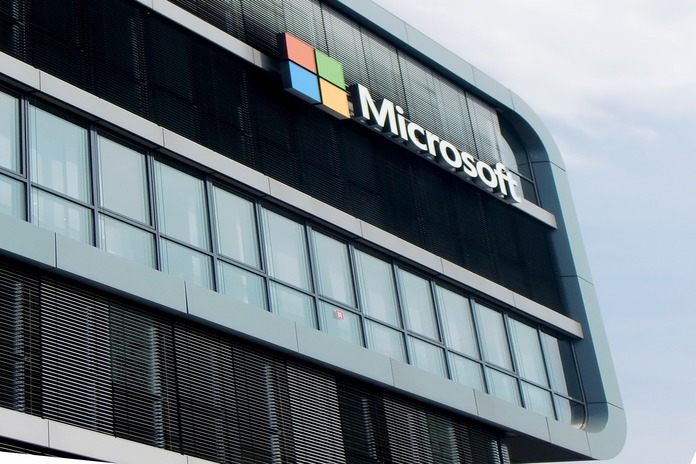Microsoft Corp. (NASDAQ:MSFT) continues to hold its place as one of the strongest tech plays in 2025, driven largely by its expansive and well-executed AI strategy. While recent reports suggest tensions between Microsoft and OpenAI could impact the tech giant’s future revenue share, the broader picture tells a more encouraging story.
OpenAI is reportedly seeking to reduce Microsoft’s cloud revenue share from 20% to 10% by 2030. This move might seem concerning on the surface, especially considering Microsoft’s multibillion-dollar investment in the ChatGPT creator. However, Microsoft’s AI ambitions go far beyond just one partnership. The company’s broader positioning in cloud computing, enterprise software, and artificial intelligence leaves it in a strong position to weather such changes.
Microsoft Leads the “Magnificent 7” in 2025
Among the elite “Magnificent 7” tech stocks, Microsoft stands out as a rare defensive play. Year to date, MSFT has gained 3.7%, making it the top performer in the group and one of only two names in the green. The tech sector has faced volatility this year amid rising tariffs and inflation concerns, but Microsoft’s diversified revenue base has helped cushion the blow.
In its March-quarter earnings report, Microsoft beat analyst expectations across the board. The company delivered impressive results in its cloud segment and issued strong forward guidance. This performance sent the stock surging 7.6% after earnings and led several analysts to revise their price targets upward.
Notable upgrades include:
- D.A. Davidson raised its target from $450 to $500
- Jefferies increased its forecast from $475 to $550
As of May 7, Microsoft had a mean target price of $507.98, which represents a potential 17.2% upside from current levels. These numbers reinforce confidence in Microsoft’s AI strategy and its leadership in the enterprise tech space.
OpenAI Partnership: A New Phase?
Despite being OpenAI’s largest investor and cloud partner, Microsoft’s relationship with the AI company appears to be evolving. OpenAI is no longer relying exclusively on Microsoft for cloud services and has opted to remain under nonprofit control. These decisions mark a shift from the companies’ previously close integration.
While some see this as a setback for Microsoft, others argue it reflects a natural evolution of partnerships in a fast-changing industry. Microsoft has successfully integrated OpenAI technology into its products—like GitHub Copilot, Office, and Azure—and continues to leverage those capabilities across its ecosystem.
As of the latest update, over 15 million users are now using GitHub Copilot, a fourfold increase from the previous year. This rapid adoption showcases Microsoft’s ability to commercialize AI effectively, regardless of exclusive arrangements.
MSFT Valuation and Long-Term Outlook
Microsoft stock trades at about 30 times forward earnings, which many investors view as reasonable for a company with such robust earnings power and growth potential. Its revenue streams span operating systems (Windows), productivity (Office), advertising (Bing), cloud services (Azure), professional networking (LinkedIn), and gaming (Xbox).
Unlike peers that rely heavily on advertising or hardware cycles, Microsoft’s income is well balanced across multiple sectors. That makes it less vulnerable to economic downturns and a reliable pick in uncertain times.
Should You Buy Microsoft Stock?
Despite some friction with OpenAI, Microsoft’s AI strategy remains intact and is likely to expand further. The company’s strong execution in enterprise software and cloud infrastructure gives it a significant edge in the race to lead the AI revolution.
With a solid financial base, ongoing product adoption, and no “Sell” ratings from major analysts, Microsoft remains a compelling buy. Its vision for AI integration continues to unfold, and if momentum persists, MSFT could very well become the first company to reach a $4 trillion market cap.
Featured Image: Pixabay©efes








